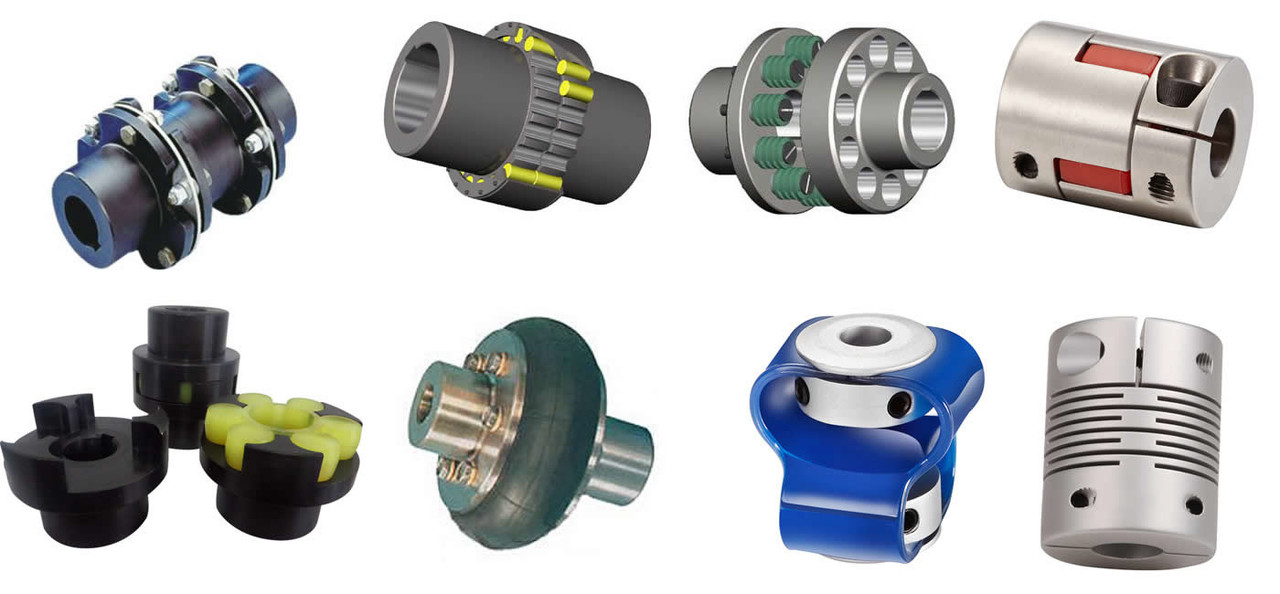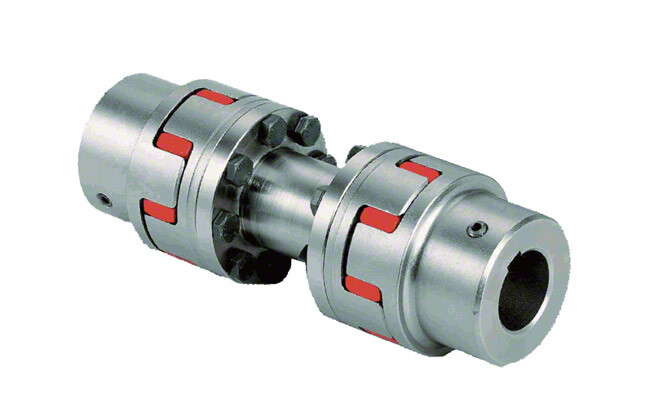Pump Motor Coupling Types
Introduction to Pump Motor Couplings
Pump motor couplings are essential components in mechanical systems, connecting the pump and motor shafts to transmit power efficiently. Understanding the various types of couplings ensures optimal performance and longevity of machinery.
Flexible Couplings
Flexible couplings accommodate misalignments between shafts, reducing stress and preventing damage. They are ideal for applications where precise alignment is challenging.
Rigid Couplings
Rigid couplings provide a solid connection between shafts, ensuring no relative motion. They require perfect alignment and are used in systems where rigid and precise connections are critical.
Jaw Couplings
Jaw couplings consist of two hubs and an elastomeric element called a spider. The spider absorbs shocks and vibrations, making this coupling suitable for a variety of applications.
Gear Couplings
Gear couplings transmit high torque loads and accommodate minor misalignments. They consist of two hubs with external gears and a sleeve with internal gears, allowing for slight angular and parallel misalignments.
Disc Couplings
Disc couplings use flexible metallic discs to transmit torque. They provide high torsional stiffness and accommodate misalignments, making them suitable for high-speed applications.
Grid Couplings
Grid couplings use a flexible grid to transmit torque and accommodate misalignment. They provide damping and shock absorption, making them ideal for heavy-duty applications.
Elastomeric Couplings
Elastomeric couplings use an elastic material to transmit torque and absorb vibrations. They are maintenance-free and suitable for a range of applications.
Oldham Couplings
Oldham couplings consist of three components: two hubs and a center disc. The center disc slides between the hubs, accommodating misalignments and providing a zero-backlash connection.
Universal Joints
Universal joints, or U-joints, connect shafts at an angle and transmit rotary motion. They are used in applications requiring flexibility in the shaft alignment.
Bellow Couplings
Bellow couplings use a metallic bellows to transmit torque. They provide excellent flexibility and torsional stiffness, accommodating misalignments without backlash.
Magnetic Couplings
Magnetic couplings use magnetic fields to transmit torque through a barrier. They are ideal for applications requiring a hermetic seal, such as in chemical or pharmaceutical industries.
Clamp Couplings
Clamp couplings use clamping screws to connect shafts. They are easy to install and remove, providing a secure connection without the need for keyways or set screws.
Flange Couplings
Flange couplings use flanges bolted together to connect shafts. They are robust and capable of transmitting high torque, making them suitable for heavy-duty applications.
Flywheel Couplings
Flywheel couplings connect flywheels to shafts, providing smooth power transmission and reducing vibrations in internal combustion engines.
Conclusion
Choosing the right pump motor coupling type is crucial for ensuring efficient and reliable operation of mechanical systems. Each type of coupling offers unique benefits and applications, making it important to understand their characteristics and uses.

What are the three types of coupling?
Couplings are essential for connecting two shafts and transmitting torque. The three main types of couplings are:

What coupling is used to connect two shafts?
Several types of couplings can connect two shafts, each with specific characteristics. The main types to consider include:
- Alignment: Ensuring precise alignment of shafts is crucial for reducing stress and wear on the coupling.
- Torque Requirements: The coupling must handle the torque load without failing or slipping.
- Vibration Damping: Some couplings provide damping to reduce vibrations, which is essential for maintaining system stability.
- Misalignment Accommodation: Flexible couplings allow for slight misalignments, while rigid couplings require perfect alignment.
- Environmental Conditions: Consider factors such as temperature, humidity, and chemical exposure that may affect the coupling material and performance.

What are the two general types of shaft couplings?
The two general types of shaft couplings are:
- Rigid Couplings: These provide a solid connection between shafts, ensuring no relative motion. They are used in applications requiring precise alignment.
- Flexible Couplings: These accommodate misalignments and reduce stress, making them suitable for applications where perfect alignment is challenging.
Company Overview
HZPT, located in Hangzhou, Zhejiang Province, is a modern enterprise integrating R&D, learning, production, and foreign trade. We adhere to the company’s core values, with “integrity” as our business philosophy, and focus on unity, progress, and innovation. We specialize in the research and innovation of coupling products, providing services and technical support to numerous partner enterprises worldwide.
Our company professionally produces and sells various series of couplings such as drum couplings, spring pin couplings, serpentine spring couplings, universal joints, star couplings, expansion couplings, diaphragm couplings, tire couplings, etc. We have a complete and scientific quality management system, our own technology development and testing department, and certifications such as CQC, ISO, and CE. We provide excellent sales services and technical support to our customers.
Our Product and Company Advantages

- High-Quality Products: Our couplings are manufactured with precision and high-quality materials, ensuring durability and reliability.
- Advanced Technology: We utilize cutting-edge technology in the production of our couplings, ensuring optimal performance and innovation.
- Global Reach: Our products are distributed across Asia, Europe, Africa, and North America, demonstrating our capability to serve a global market.
- Comprehensive Quality Management: We have a scientific quality management system to ensure our products meet international standards.
- Excellent Customer Support: We offer dedicated sales services and technical support, ensuring customer satisfaction and long-term partnerships.
We invite you to collaborate with us for high-quality coupling solutions tailored to your needs.